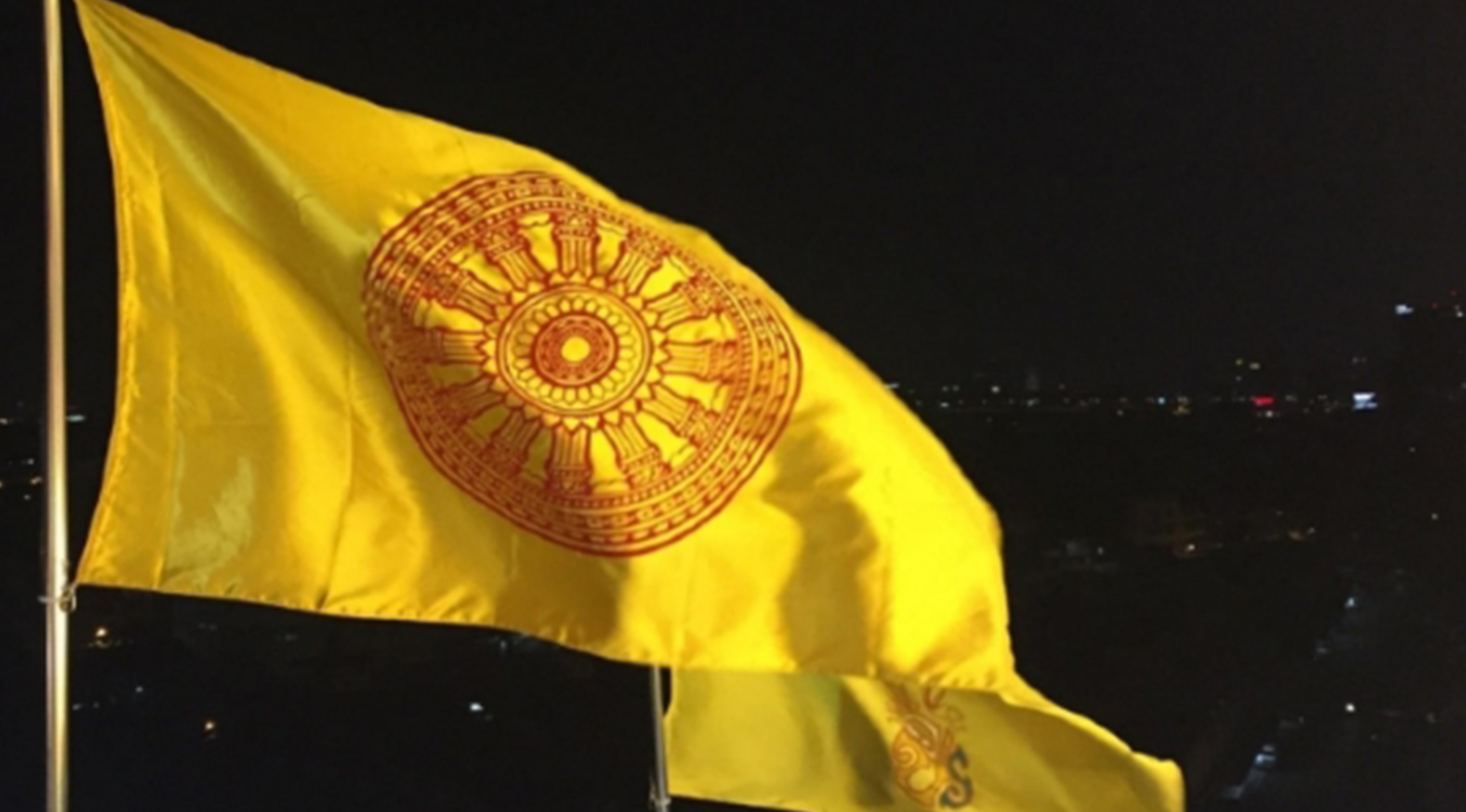FDFA blog on peace policy work in the area of religion in southern Thailand (in German)
Partner: Culture and Religion in Mediation (CARIM) program offered by ETH Zurich’s Center for Security Studies (CSS)
Partner: Cordoba Foundation Geneva
Partner: Network for Religious and Traditional Peacemakers
Religion and Mediation Course
FDFA project in Chad
FDFA project in Morocco
FDFA project in Thailand
“Religion, Politics, Conflicts” is a department of the FDFA’s Human Security Division. Its aim is to support Switzerland’s action to promote peace in the interplay between religions, politics, and conflicts.
Over 80% of people worldwide identify with a religion that influences many aspects of their personal, social and political lives. It is thus not surprising that religions also play a role in conflicts, with the proportion of religious conflicts on the rise (source: Baumann, Finbogason, Svensson, 2018). In 1975, the proportion of armed conflicts with a religious aspect for at least one of the parties was 1/3. In 2015, this was the case for 2/3 of all armed conflicts around the world.
Neutral approach in terms of values and inclusion of religious-political stakeholders
Switzerland is a secular state which holds a neutral stance on religion. It does not trace the causes of conflict back to religion, per se, but rather to the clash of different worldviews, which are fed and justified by religions in a certain context.
Switzerland is especially keen to involve all stakeholders in political processes, even those who do not share our values. It is convinced that excluding people from political processes makes them more likely to resort to undemocratic means, which can thus lead to violence. This is why religious political groups should be able to help shape their society by democratic means.
Supporting the process
In its peace policy projects in the Religion, Politics, Conflicts departments, Switzerland works closely with university institutions, foundations, religious communities, and civil society. Geographically, its work is concentrated on the Sahel region, the Middle East, North Africa, and Southeast Asia. Here are a few examples:
– In Chad, Switzerland is helping to establish an early warning center in the capital, N’Djamena, which would allow tensions between and within religious communities to be identified at an early stage and for local actors to respond.
– In Morocco, Switzerland moderated a dialog between women’s rights activists and supporters of various Islamic groups on the role of women in society.
– In Thailand, Switzerland launched an intra-Buddhist dialog in the south of the country to constructively incorporate influential representatives of the Buddhist community into the peacebuilding process in the restless south.
Training and development
As well as supporting the peacebuilding process, the Religion, Politics, Conflicts department has joined forces with the Center for Security Studies (CSS) of ETH Zurich and Finland to offer an annual Religion and Mediation Course. The five-day course is aimed at people looking to acquire specific knowledge on peacebuilding in religious conflicts. The next course will be held from 1 to 6 September 2019 in Murten and the application deadline is mid-March.


